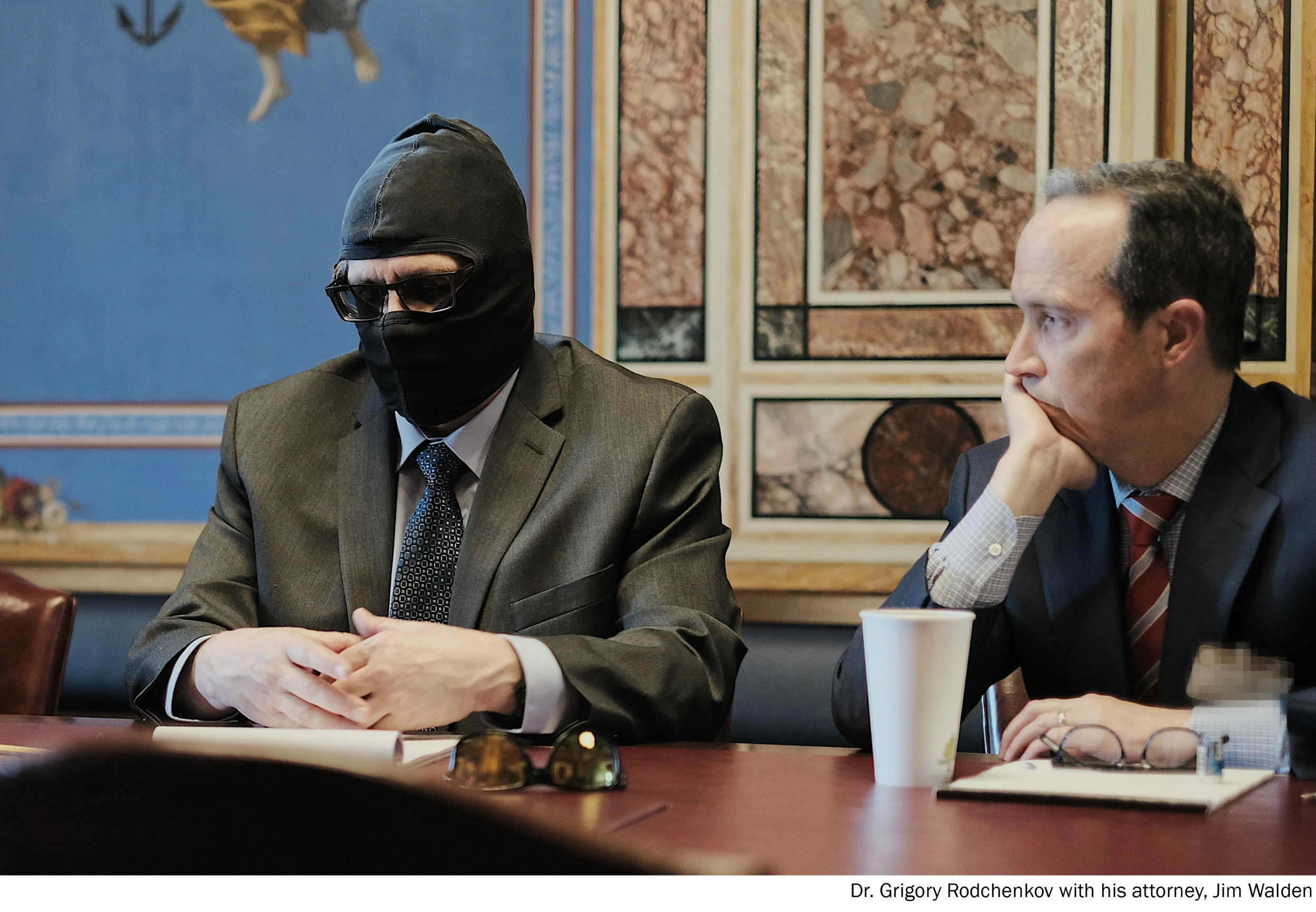![Shades of meaning, and a path forward]()
It’s a familiar refrain that in long-lasting marriages the husband wakes up every morning and, first thing, says to his loving bride: I’m sorry. For what? Anything. Everything. Whatever.
In American public life, meanwhile, there is a familiar — more, expected if not demanded — ritual of contrition that must be performed as a condition of potential redemption. First and foremost: there must be an apology. Those two words — I’m sorry — must be said in earnest and, similarly, meant for real.
This brings us to international relations, in this context sports politics, in particular the sporting authorities who operate in the Olympic space, almost all of whom are connected to their governments in some or significant fashion. Such diplomacy rarely comes packaged in a simple declarative as straightforward as, I’m sorry. Diplomacy relies on semantics, on nuance, on shades of meaning.
These things make the International Olympic Committee go around. They make the World Anti-Doping Agency work, too. To pretend otherwise is to ignore reality.
In that spirit, a recent letter sent by senior Russian authorities to WADA president Craig Reedie — with copies to IOC president Thomas Bach and International Paralympic Committee president Andrew Parsons — offers everyone a way forward in a multilayered dispute that has been going on now for years. To pretend otherwise is, similarly, to ignore reality.










